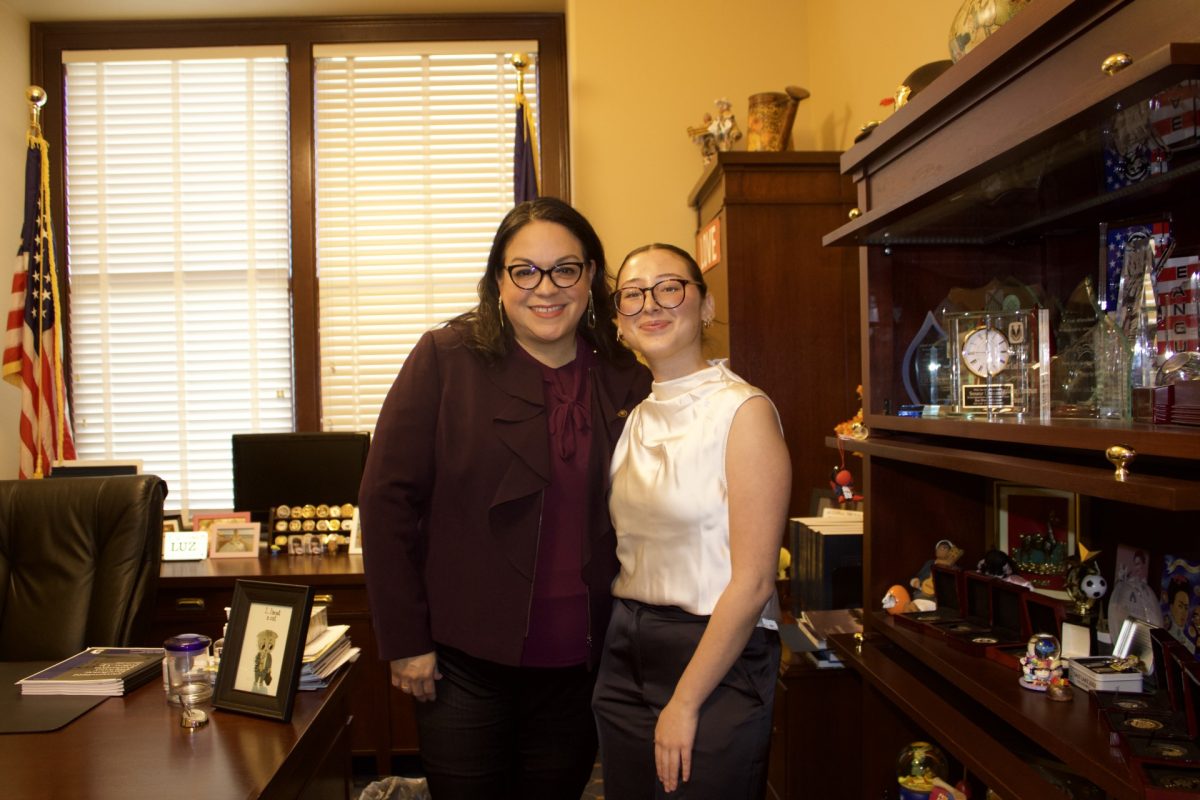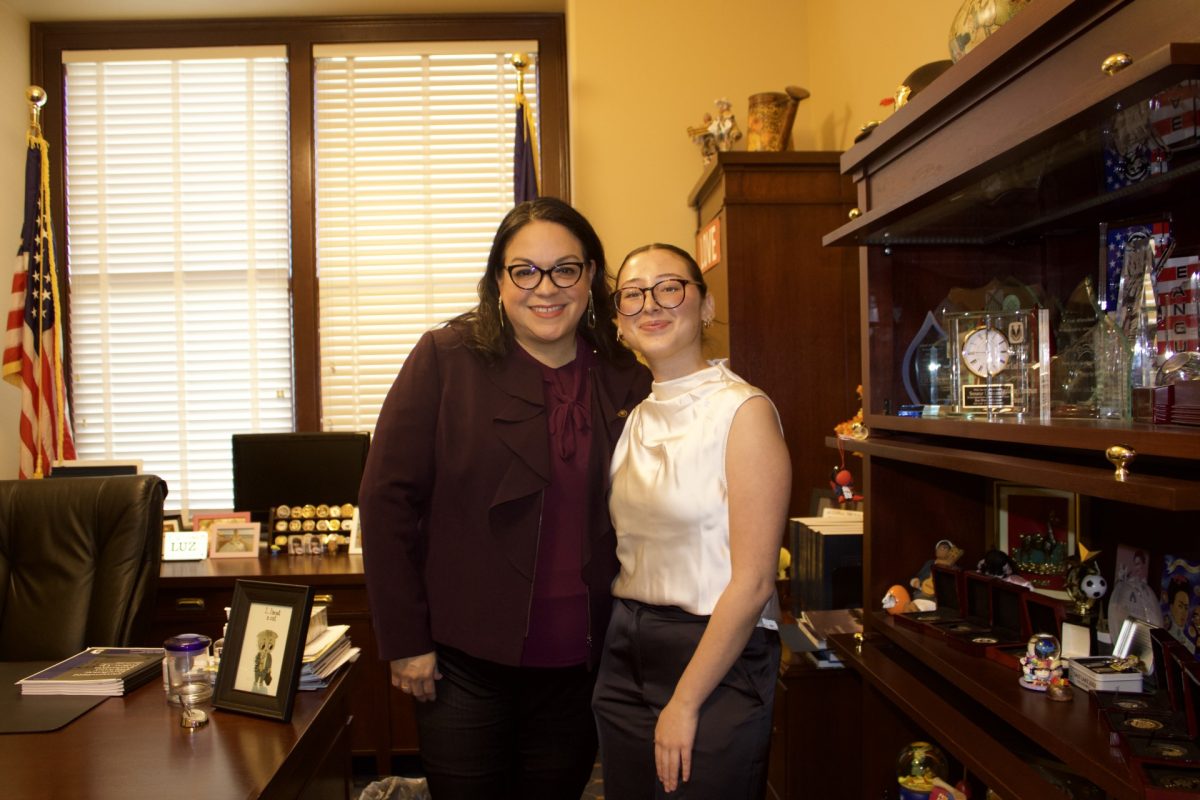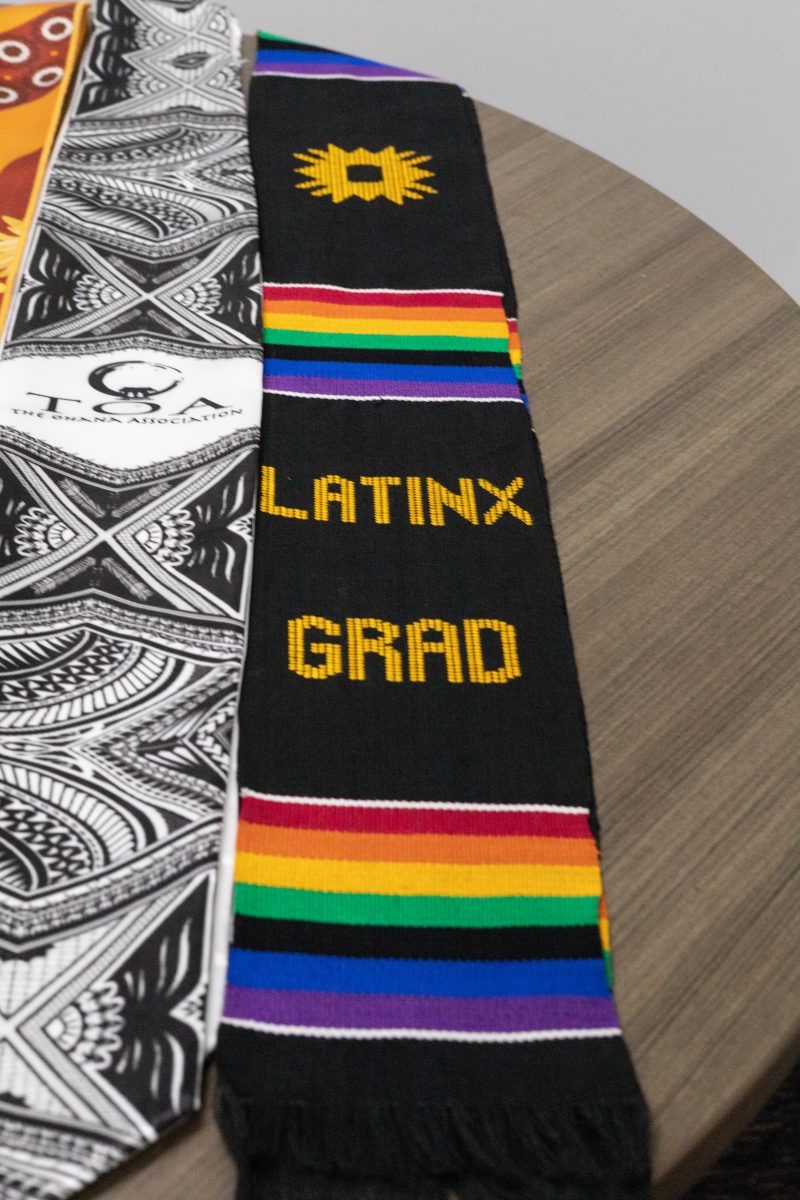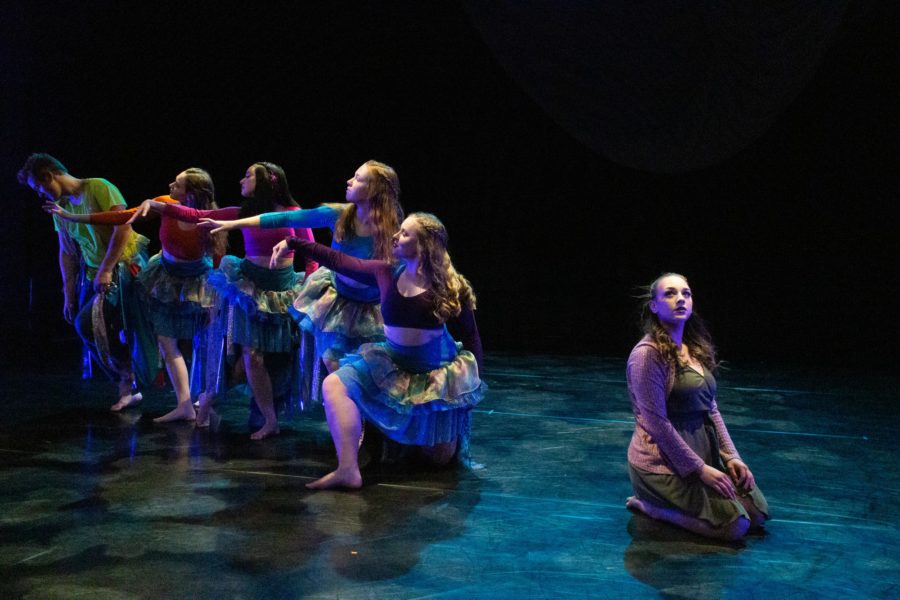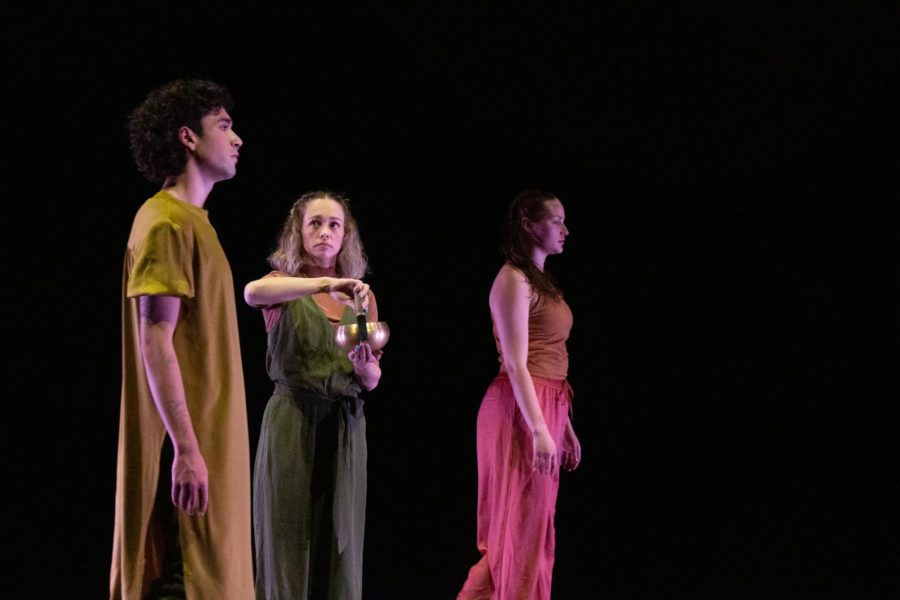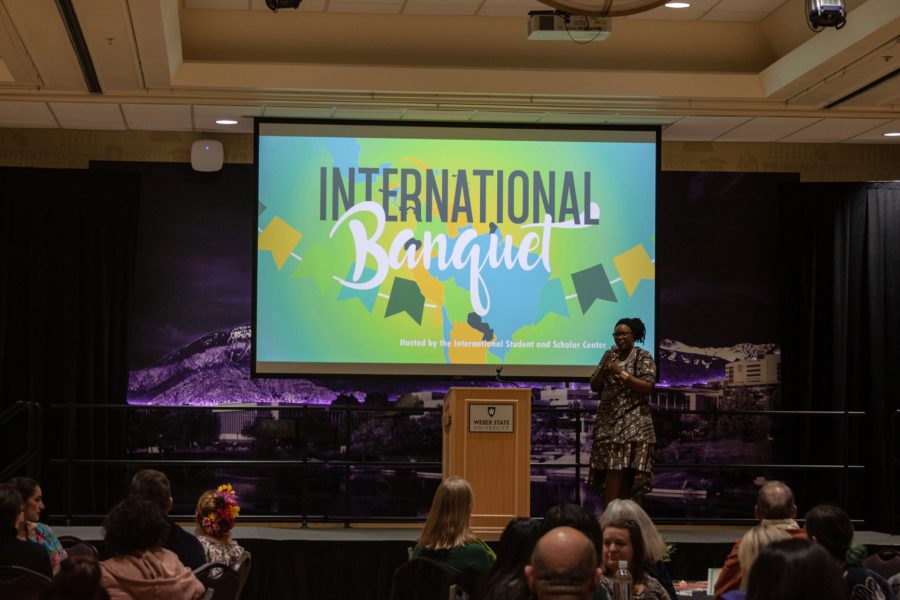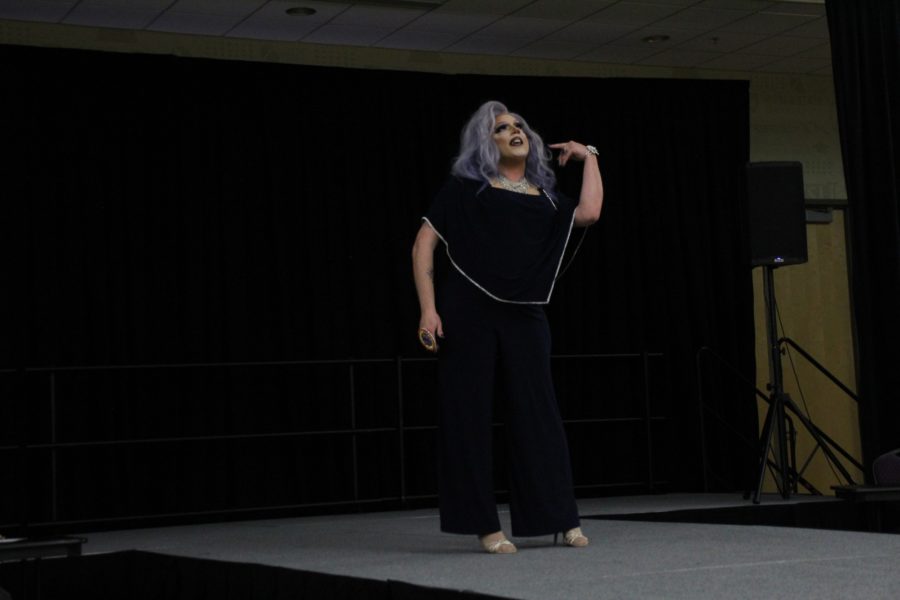Fourth grades bands and painting classes are becoming extinct as increasing budget cuts are leaving public schools without money to fund the arts. Additionally, low standardized test scores in math and reading have shifted the focus in schools from extracurricular learning to strictly school subject application.
In an article published on PBS, entitled “The Benefits of Music Education,” writer and blogger Laura Lewis Brown notes that music education for children provides students with improved language development, higher IQs, spatial and temporal skills and better test scores.
However, the benefits of music education do not seem to outweigh the cost for public schools, leaving many American schools without the option to provide music in the classroom.
Weber State University has taken a proactive approach in bringing music into public schools. The String Project at WSU works under the National String Project Consortium, an organization that, “focuses on increasing the number of students presented with the opportunity to learn a stringed instrument, and to ensure the best experience for future educators,” according to the project’s website.

Weber students who are majoring in music education have the opportunity to be a part of the program and to gain up to three years of teaching experience before they graduate with their bachelor’s degree.
Under the direction of Dr. Francisco de Galvez and Master Teacher Timothy McMurray, music education majors are assigned to various schools in the area and are able to student-teach.
Stephanie Strait, the Ogden Youth Symphony Manager and Conductor, and an administrator for The String Project, said, “the project’s emphasis to provide music training for kids who don’t have music training.”
The program’s costs are relatively low, Strait further explained, as The String Project’s purpose is to provide music instruction for younger students who would not normally be exposed to learning an instrument because of circumstance or finances.
WSU’s Music Department aims to help students succeed. Weber State is the only university in the state of Utah to both participate in a program that benefits the community and provides Music Education majors with the opportunity to gain teaching experience while in school.
Amanda Capener, who plays the viola, teaches strings at Shadow Valley Elementary as part of The String Project. Her involvement in the project is one reason that Capener finds Weber’s music program unique.
A graduate of Bear River High School, Capener is in her second year at Weber State. The small class sizes and personal opportunities for musical growth make WSU’s music program, “a more intimate setting,” as opposed to larger universities, Capener said.
She said, “Because it’s not a mass music school, it’s more personal. I learn a lot because there are 9-10 people in a class, and we all get to play. There are also a lot of opportunities here.”






